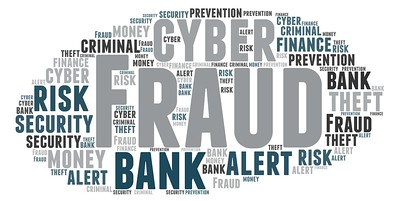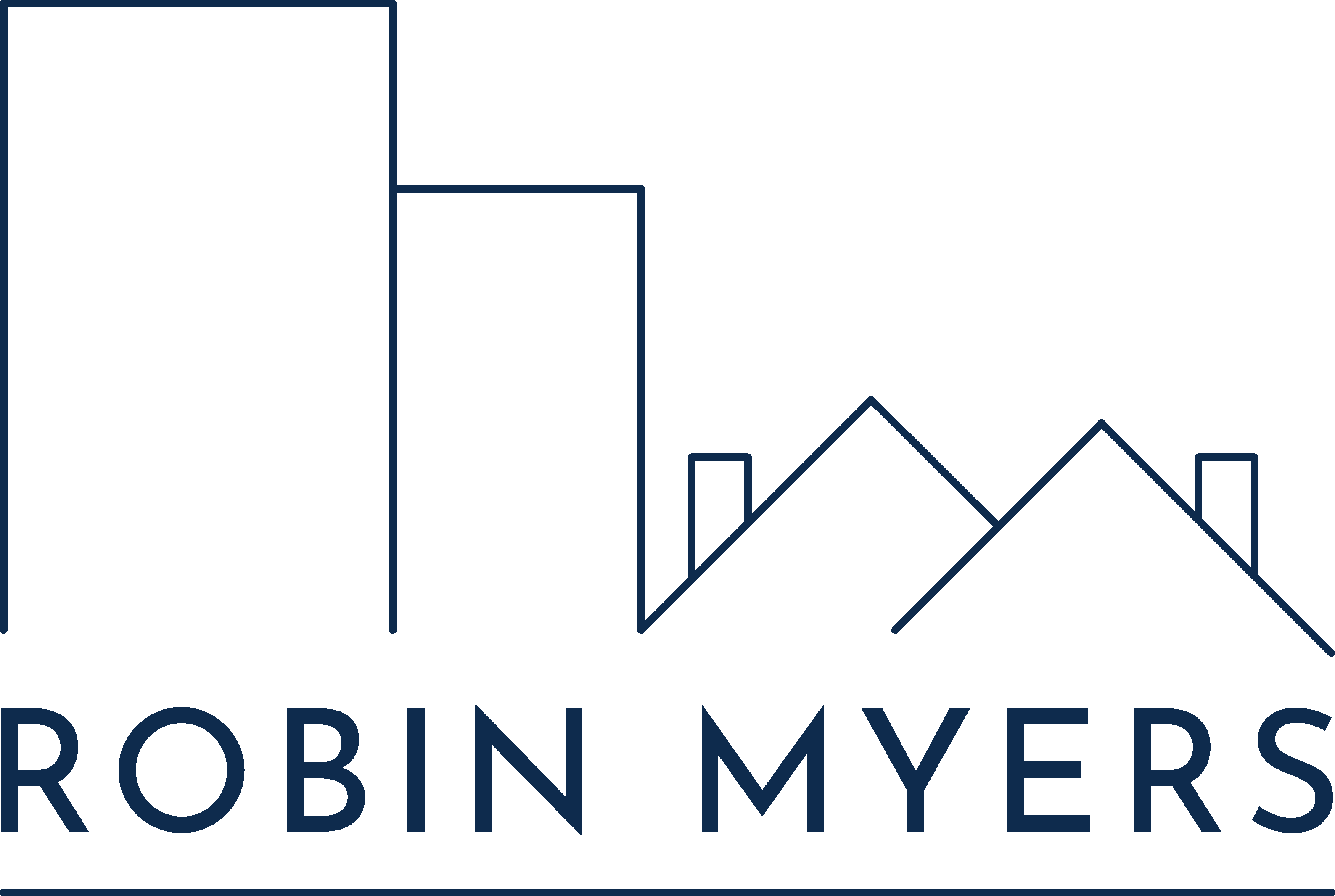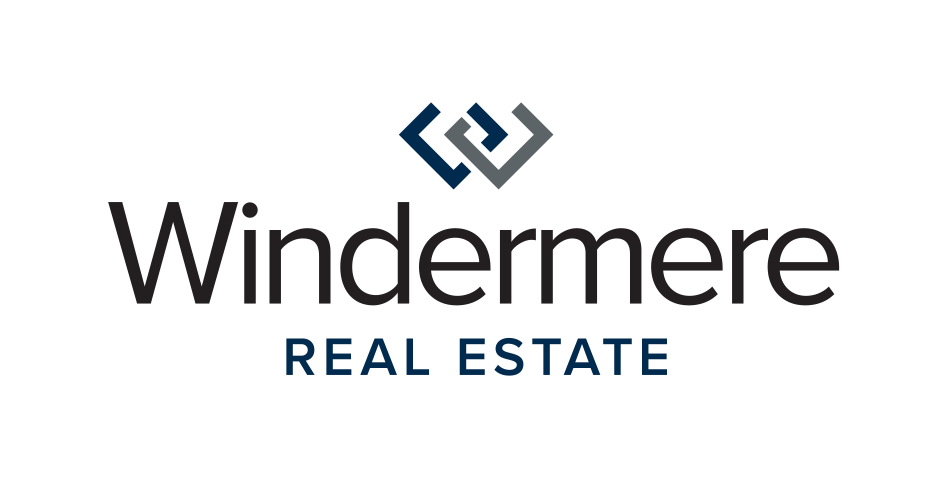Social Links Widget
Click here to edit the Social Media Links settings. This text will not be visible on the front end.
The Important Role First Time Buyers Play in the Long Term Housing Market
This week Matthew Gardner, Windermere Chief Economist, speaks to the importance first time buyers will play in the recovery of the country’s housing market.
Available Homes for Sale Significantly Below Last Year
The number of homes available for sale declined in April and May for obvious reasons – there were health and economic concerns brought on by the COVID-19 pandemic. Since late May local home sales have been ahead of the same period last year. Buyer demand remains high but what is different about this year compared to last year is there are fewer homes for sale. The graph below, provided by the Northwest Multiple Listing Service for the Seattle Times, shows that new pending sales are well above the same period last year but new listings of homes for sale are 20% below the same period last year.
With barely a one month supply of inventory in many areas, homes are selling quickly. Multiple offers are more common, and many homes are selling above the list price. Buyers are finding more competition for the weekly supply of newly listed houses and condominiums coming on the market.
What’s driving this demand? Interest rates are at record lows making mortgages more affordable. Potential buyers can afford a larger home. And, after three months of quarantine, owners and renters whose homes offered adequate space when working off-site are seeking larger homes with more indoor space, a dedicated home office area and more outdoor live/play space. Buyers are ready to buy, but sellers don’t appear to be as motivated right now.
What Does King County’s Phase 1.5 Mean for Real Estate?

King County has progressed to Phase 1.5 of the Governor’s “Safe Start Proclamation”. How does that impact buyers and sellers as they search for homes or list their homes for sale?
- Real estate firms may open their offices again. In compliance with State guidelines, staff, brokers and guests will be required to wear face masks when in the office. Common areas and conference space will have restricted access. The number of staff and brokers permitted to be in the office will need to follow State guidelines.
- The most significant change is that now three people (vs. two) are permitted at a property for real estate activities. This permits a husband and wife or partners to view the property together along with their broker. A buyer may now attend an inspection along with the broker and inspector.
- Sign installation companies are again permitted to install/remove real estate signs.
As we begin to move about more freely, an abundance of caution will continue in an effort to keep everyone healthy. Showing homes will continue to be by appointment only with sufficient time between appointments. Buyers and brokers will be required to wear face masks while inside a home and observe all health protocols required by the State along with any additional guidelines requested by the homeowner. Public open houses are still prohibited. Brokers, in an effort to maintain social distancing guidelines, will not transport clients in their car but continue to meet them at properties.
These guidelines are in place to continue to keep everyone safe and healthy as we begin to resume our normal lives. Brokers have become more comfortable working within these guidelines and assuring buyers and sellers that they can safely search for or sell their homes. This is the new normal and we aren’t likely to see the “old normal” for a while.
How’s the Local Real Estate Market?
We’re 12 weeks into more experience dealing with the impact of COVID-19 on the economy and specifically the local real estate market. After a significant market decline in new listings, buyer interest and closed sales in March and April (not at all surprising) real estate came back strong starting in early May.
- the number of pending sales is trending higher and homes are selling quickly
- more new housing inventory is coming on the market reflecting prices comparable to February prior to the COVID-19 pandemic and Washington State’s stay home/stay healthy order
- sales prices in the last two weeks are also rising with multiple offers more common and homes selling above list prices
- buyer applications for new mortgages are on the rise – interest rates are at record lows making buying a home more affordable
Matthew Gardner, Chief Economist for Windermere Real Estate provides his weekly look at the economy and specifically the real estate marketplace in our area.
Real Estate – What to Expect as We Return to “Normal”

It’s not surprising to know home sales declined in mid-March as we sheltered at home. Moving into mid-April both buyer activity and pending sales began increasing, all while home prices remained strong. Nationally median home prices rose in every region of the US in April.
Locally buyer activity and home values also gained momentum. Short market times and multiple offers were more common by late April, especially in affordable price ranges. Even the high end market, hit harder by the health crisis and volatile stock market, began to recover with more expensive homes coming back into the market.
What can we expect for the local condo market this summer? Over the last 30 days 131 condos in the Eastside marketplace have sold. The average time on market was just 15 days with an average sales price of $620,420. The average sale price vs. list price was 100.08% with 78 of those 131 homes selling at or over the list price. Condos currently under contract with sales pending have been on the market an average of just 14 days. As reported by the Mortgage Bankers Association and National Association of Realtors®, buyer mortgage loan applications are up for the fourth consecutive week – a strong indication buyers are back in the market and ready to take advantage of record low interest rates.
Recovery of the local economy will have an impact on the real estate market as we move toward summer. Based on buyer activity and mortgage applications, as we find our “new normal” it’s clear buyers are ready to step into home ownership. Available housing inventory is still lagging behind compared to the same time last year. It remains to be seen if there will be enough housing inventory to meet buyer demand this summer. Low inventory will certainly keep pressure on prices resulting in fewer discounts in the marketplace.
Concerned about a Housing Bubble?
These are interesting and complex times. As the COVID-19 pandemic continues to develop, brokers are following strict recommendations from public health officials and government agencies to ensure we are helping to reduce its impact. Ensuring that agents, office staff and clients are safe and healthy is the top priority.
Real estate is still happening – homes are still being listed for sale and buyers are still purchasing those homes, exhibiting a surprising high level of interest. Matthew Gardner provides good information and perspective on the current market and the health crisis vs. the housing crisis experienced in 2008.
The Impact of COVID-19 on 30 Year Mortgage Rates
Windermere’s Chief Economist Matthew Gardner provides his insight on mortgage interest rates, how those rates are set and what we might expect in the coming weeks and months with regard to conforming and jumbo loan financing.
Are Open Houses a Thing of the Past?

 Earlier this month, as concern regarding the coronavirus grew, my company, Windermere Real Estate, followed by the NWMLS a few days later, made the decision to suspend all open houses in an effort to protect the health of buyers, sellers and brokers.
Earlier this month, as concern regarding the coronavirus grew, my company, Windermere Real Estate, followed by the NWMLS a few days later, made the decision to suspend all open houses in an effort to protect the health of buyers, sellers and brokers.
There will be little real estate business transacted during the State of Washington’s mandated “shelter-at-home” period. Escrow and title companies and lenders will continue to work, as much as legally permitted, to be sure sellers and buyers involved in transactions already under contract will close on time.
Even before the mandated “shelter-at-home”, many sellers requested no open houses and buyer traffic dropped significantly at homes (mostly vacant) where open houses were scheduled. What about open houses in the future? While I always include open houses in my marketing plan, at the seller’s option, it is one of the marketing activities that delivers the least return to, and honestly, most inconvenience to sellers. The majority of my real estate business focuses on condominiums, and its not unusual to find open houses restricted or prohibited by the HOA. Homeowners who purchase in a secure building do so because they want to live in a community offering safety and where public access is limited to owner controlled, owner invited guests. A public open house that allows dozens of strangers to access a building is an intrusion on the privacy and security of everyone who lives in the community.
With the advancement of technology, professional and drone photography, 3-D and 360 degree virtual tours, buyers can virtually walk through a property before scheduling a private appointment with their broker to see the home. Going forward we may see fewer open houses, especially in secure residential buildings. Open houses create a logistical challenge for the hosting broker, sellers, buyers and the concierge staff, and are an intrusion to the privacy of all homeowners in the building.
Uncharted Waters

 The early spring real estate market was crazy with buyer demand outpacing available housing inventory. With growing concern and uncertainty surrounding the coronavirus, a few homes are being listed for sale (though far fewer than normal for this time of year) and homes sold last week.
The early spring real estate market was crazy with buyer demand outpacing available housing inventory. With growing concern and uncertainty surrounding the coronavirus, a few homes are being listed for sale (though far fewer than normal for this time of year) and homes sold last week.
There will always be people who have to move, have to sell or have to buy. Those people that accepted new jobs in February likely already sold the home where they lived and had started their new home search. With so few homes on the market, and seller’s hesitant to list their homes for sale in this environment, inventory will remain low. We may see buyers opt for a temporary rental and resume their plans to buy this summer when there’s more to choose from.
I’ve received many questions from clients, but with things changing on a daily, if not hourly basis, advice I may have given last week isn’t the same this week. Buying or selling a home is a major decision. Should you buy or sell now, or should you wait? It’s a very personal decision and I honestly can’t answer that question for anyone else right now.
Probably the best thing to do is take a deep breath and wait until we know more about how long we’ll need to observe appropriate social distancing, or shelter in place, or when things will get back to “normal”. Life is anything but normal right now and I don’t know anyone who isn’t stressed about their health, job, children, parents, friends, finances, etc. Stay healthy, stay happy, and stay connected. Schedule virtual coffee or happy hour with friends (Facetime is great). Call and check on family and friends. (A personal call and the sound of someone’s voice means so much more than a text or email.) Walk the dog. Read a book. Catch up on movies you missed. Play games. Complete a puzzle. Make cookies and let a neighbor know you’ll leave some on their porch. Life will return to normal, I wish I could say when, but that’s when we’ll have more information and confidence and be better equipped to make life’s important decisions.
Wire Fraud – Use Caution When Wiring Funds

In every real estate transaction emails are sent between the buyer and their real estate broker, lender, escrow and title companies. Unfortunately these emails have created an opportunity for wire fraud scammers causing some real estate buyers to lose hundreds of thousands of dollars.
Here’s how it works . . . scammers hack into the email account of the buyer, buyer’s real estate broker, lender, title or escrow officer. The scammer, who now has access to the email addresses of all parties involved in the transaction, creates a new email account almost identical to the lender, broker, escrow company, etc. It could be just one letter off, but unless you look very carefully the email could look official and carry the proper company logo and signature block. The scammer sends an email to the buyer, using the newly created fraudulent account, providing instructions to wire funds for the closing on an upcoming home purchase. The email looks authentic, and the buyer is expecting to receive instructions for wiring their funds, so there is little reason to doubt the authenticity of the email. The buyers contact their bank to arrange for the wire but can discover too late they may have responded to a fake email address and funds have been wired to an unidentified recipient’s account. The funds are often quickly routed two or three more times, making the path of the funds impossible to trace or retrieve.
Real estate buyers and sellers have become targets for wire fraud. Sadly this is a national and global problem and the Seattle area has not escaped this scam. Local authorities and the FBI have been involved in these investigations, but the success rate for locating the scammer or retrieving funds is low. Some escrow/title companies have gone “old school”, requesting clients deliver cashier’s checks to the office in person. Wire instructions are still used but instructions are now snail mailed to the buyer to eliminate the email piracy of their contact information. Buyers should always call their broker, lender, title or escrow before wire transferring funds to confirm the amount, account information and instructions. A buyer or seller can also designate that no wire transfers are permitted in the transaction, only a cashier’s check.
Unfortunately the real estate industry is one of those that has become a target for scammers. Sending funds via a wire transfer is quick and easy, and while physically obtaining and delivering a cashier’s check to escrow may be inconvenient, that extra few minutes of time can nearly guarantee another buyer won’t be out thousands and thousands of dollars when they should be celebrating the purchase of their new home.

 Facebook
Facebook
 X
X
 Pinterest
Pinterest
 Copy Link
Copy Link


